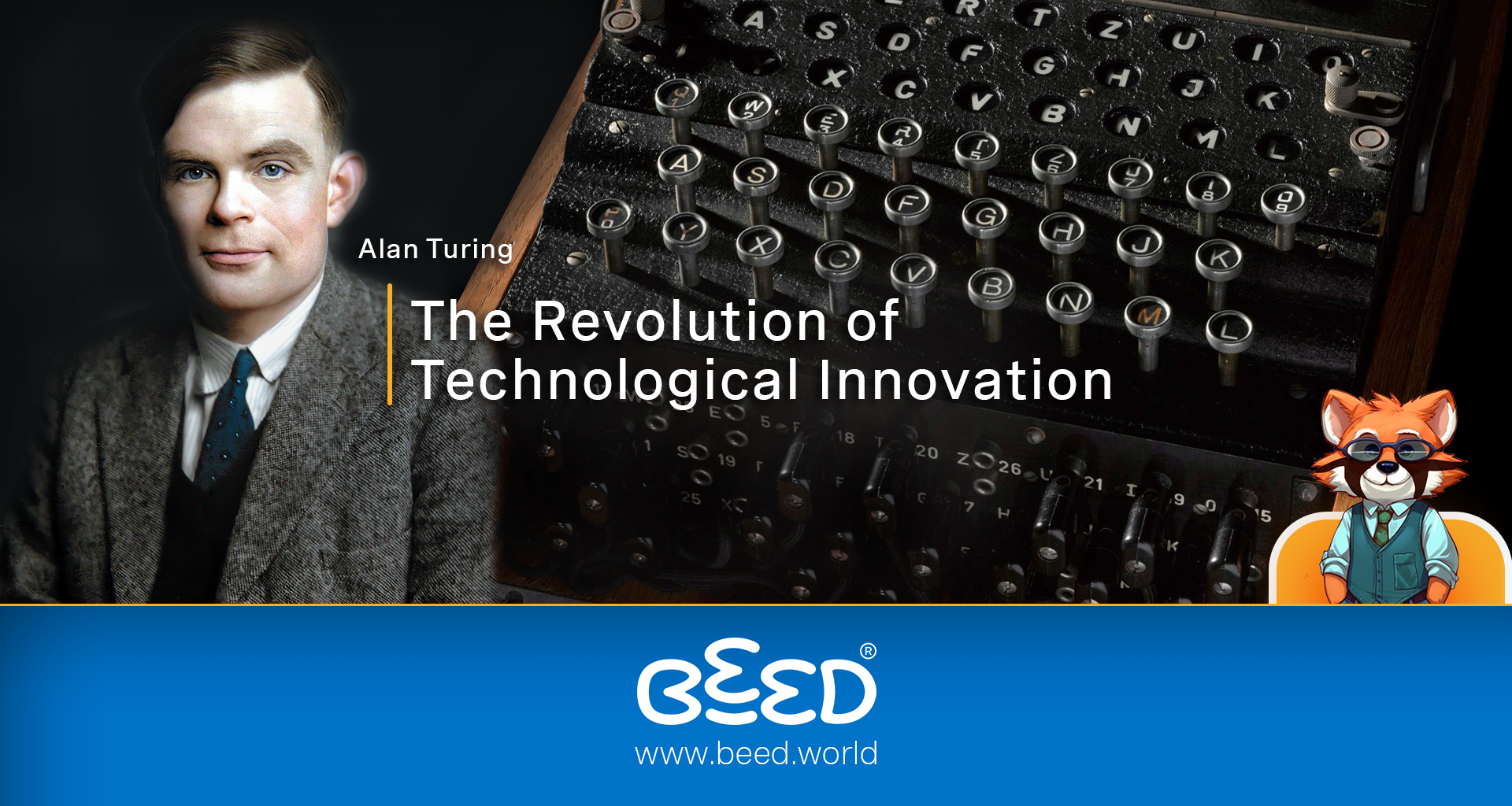The Revolution of Technological Innovation

Alan Mathison Turing was an English mathematician, computer scientist, logician, cryptanalyst, philosopher and theoretical biologist. He remains a profoundly inspirational figure in the world of technology and education, even in 2024. Here's a breakdown of his lasting impact:
Pioneering Computer Science
- The "Father of Modern Computing": Turing's concept of the Turing machine laid the foundation for the theoretical model of modern computers. This theoretical framework underpins the digital world we live in today.
- Artificial Intelligence (AI): His Turing Test, proposing a test of a machine's ability to exhibit intelligent behavior equivalent to, or indistinguishable from, that of a human, remains a cornerstone concept in AI research.
Problem-Solving Approach
- Logical Thinking: Turing's work emphasized the importance of logic and a systematic approach to problem-solving. This continues to be a valuable skill in various fields, not just computer science.
- Innovation Through First Principles: He tackled problems from a fundamental level, disregarding preconceived notions. This approach to critical thinking and innovation inspires new solutions in various disciplines.
Overcoming Challenges
- Posthumous Recognition: Though his contributions were largely unrecognized during his lifetime, Turing's legacy is now celebrated, inspiring others to pursue their passions regardless of external pressures.
Relevance in 2024
- The Rise of AI: As AI continues to develop rapidly, Turing's ideas and the ethical considerations he raised regarding machine intelligence remain highly relevant.
- Focus on STEM Education: Turing's work exemplifies the importance of STEM education, inspiring young minds to pursue careers in these crucial fields that are shaping the future.
How BeED Aligns with Alan's Theory
Personalized Learning: Turing's emphasis on logical thinking and problem-solving aligns with the potential of BeED to personalize learning experiences. Imagine an LMS that adapts to a student's strengths and weaknesses, mimicking Turing's focus on addressing individual needs.
Focus on Critical Thinking: Turing's problem-solving approach aligns with the potential of our students to go beyond rote memorization. BeED encourages critical thinking by posing open-ended questions, presenting real-world scenarios, and prompting students to analyze information, just as Turing advocated for logical analysis.
AI-powered Learning: The Turing Test's exploration of machine intelligence paves the way for AI integration within our services. Imagine a platform that uses AI to provide targeted feedback, curate learning paths, and offer intelligent tutoring, much like a machine striving to understand and respond to a student's needs. That's what we do.
Breaking Down Barriers: Turing's theoretical work laid the foundation for the computers that power both website and mobile platform. This allows for geographically dispersed learning, overcoming traditional barriers to education and making it more accessible, a concept Turing likely championed.
Conclusion
Alan Turing's brilliance, perseverance, and groundbreaking work continue to inspire generations of scientists, technologists, and anyone passionate about innovation and progress including us in BeED.